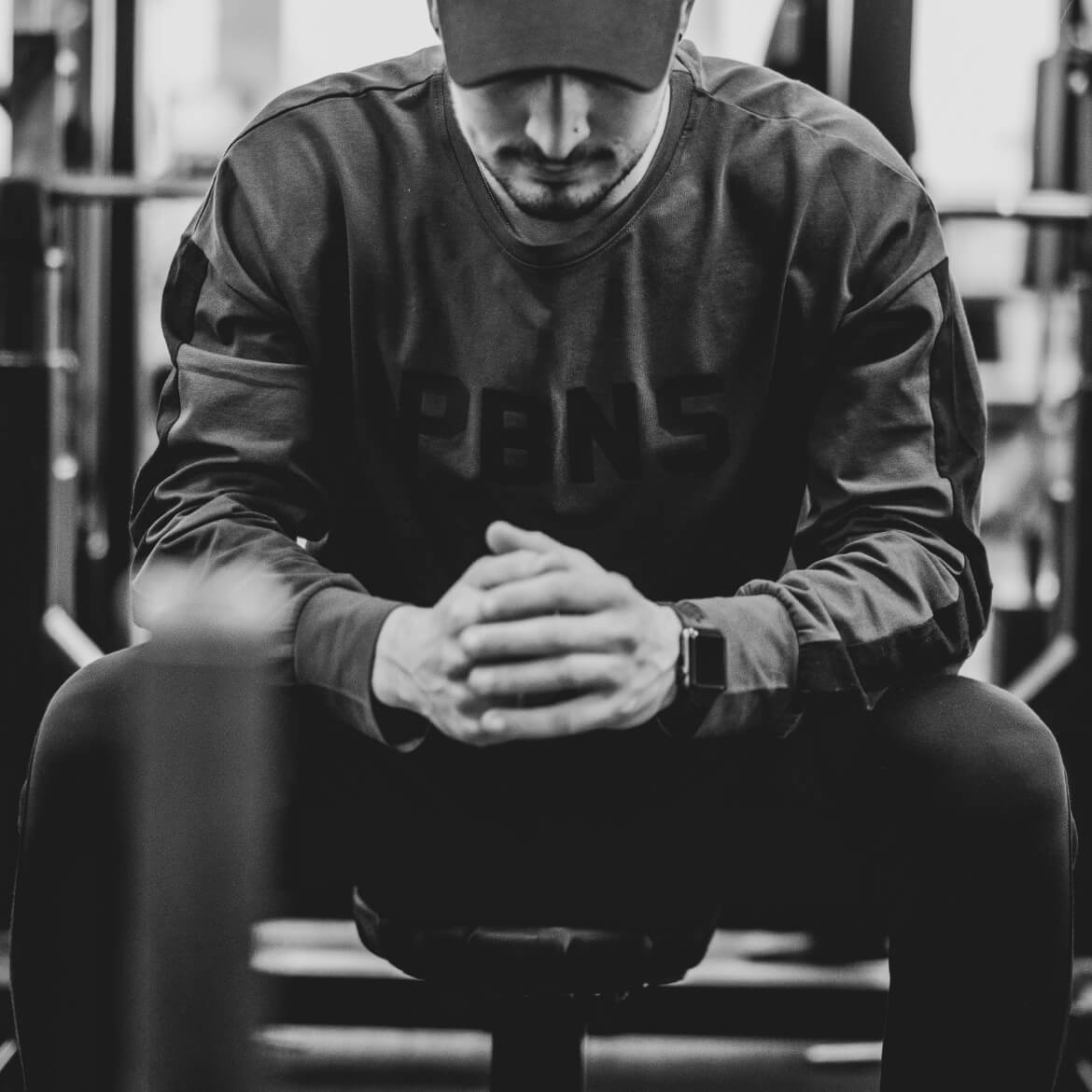Where To Start If You Want To Lose Weight
29th Mar 21

Wanting to lose weight can sometimes feel like a big goal that you might never reach. There are so many things to consider, like where to start, how do I keep it up, and if I do reach my goal, how do I keep the weight off.
We have put together a beginners guide for anyone wanting to start losing weight and get healthier. It can be done, you just need to get yourself in the right mindset, and get to work!
Want to move fast? Jump to the right section below.
Fundamentals of Weight Loss
Losing weight safely and healthily involves changing lots of things in your lifestyle. The fundamentals of weight loss involve calorie deficits, exercise, motivation and many more things. Still, don’t be daunted by all these complicated words and the number of things you need to consider. Take a step back, grab a pen and write it all down.
To lose weight, you need to be taking in fewer calories than you are now. To do this, you could write down what you eat over a week and how many calories are in each item. At the end of the week, work out how many calories you have consumed. Do make sure you take note of any health issues that need taking into account to make sure you are losing weight safely.
The average woman should consume around 2000 calories a day, and men should consume around 2500. Consuming this would keep you at a steady weight. However, to lose weight, you need to be making a calorie deficit of around 500 calories a day. This is best done by exercising daily to burn 250 calories and cutting 250 calories off of what you eat in a day.
Set Goals
Now that’s all well and good, but you need to set some goals. Write down what you main goal and time frame is going to be, for example lose 1 stone in 4 months. Once you have this you need to break it down. There’s no point setting one goal and then just starting your diet because you’ll lose track and interest very quickly.
So you need to set smaller, weekly goals such as lose 2lbs a week. This way, your goal looks more achievable and you are more likely to stick to it if you are aiming for those weekly goals instead of the big, main goal. It also isn’t as big of a hit if you don’t quite reach one of those weekly goals, you can just spread it out across the next few weeks.
Just remember to keep looking back at how far you have come as this will help you stay motivated to reaching that end goal.
Plan How to Get There

Now you know what your big and small goals are, you need to put together a plan. Routine is important as if you eat at different times everyday or exercise at random; it can make it hard to stick to your plan. Despite this, variety is key, so make sure to change up your meals and your workouts so that you don’t get bored of the same thing week in, week out.
With your plan, start small. Don’t just get up and go for a run; this could knock your confidence and put you off continuing. Go for a walk in week 1, or swap your sugary snacks for fruit. Each week, go one step further. Go for 2 walks in week 2, and maybe add extra vegetables to your dinner. Keep going like this, and by the time you reach your goal, you’ll see that you have improved massively.
A goal planner can help with this as it can be hard to know how to set out your goals. Try ours below, head to the NHS website for their copy, or try and find your own, whichever suits you.
Keep Going

Once you have all of the above, you can get started. Just keep in mind why you are trying to lose weight and try your best to stick to it. If you have a bad day, don’t scrap all of your hard work; brush it off and keep going the next day. The feeling of having done it at the end is worth it!
If you need extra motivation, rope in a friend, or join a group online to get support from others who are on a similar journey to you. Having the support and guidance of others can really push you forwards to get to where you want to be.

Before beginning any exercise or nutrition program, consult your physician, doctor or other professional. This is especially important for individuals over the age of 35 or persons with pre-existing health problems. Exercise.co.uk assumes no responsibility for personal injury or property damage sustained using our advice.
If you experience dizziness, nausea, chest pain, or any other abnormal symptoms, stop the workout at once and consult a physician or doctor immediately.









